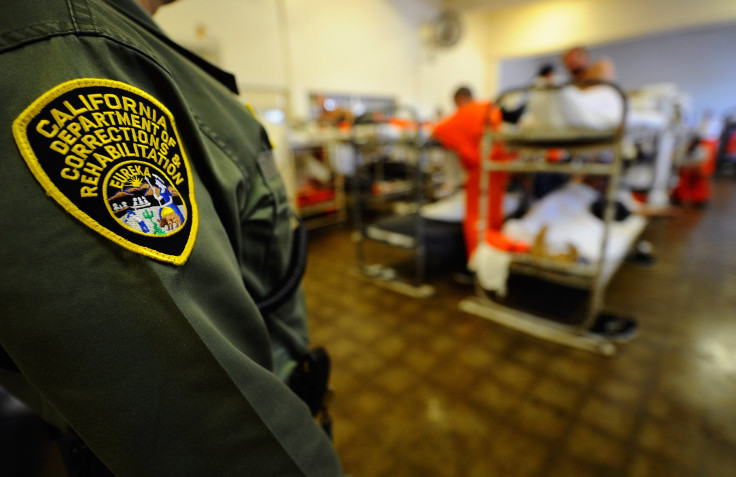Who Was Juan Corona? 'Machete Murderer' Dies At 85

Juan Corona, an 85-year-old serial killer who was also known as the "Machete Murderer", died Monday at a hospital in Los Angeles. He was serving a life sentence at the California Department of Corrections and Rehabilitation.
Corona was arrested in 1971 for the murders of as many as 25 workers hired by Northern California farmers. The arresting authorities said the bodies of his victims were buried in shallow graves on farms and orchards around the Feather River, north of Sacramento. Most of the victims were hacked to death and then dismembered with either a machete or a meat cleaver. One of the bodies had a gunshot wound to the head as well.
Corona was a labor contractor who hired workers for Northern California farmers. He was born in Autlán in Mexico. He dropped out of high school and moved to California illegally where he worked on farms in the Imperial and Sacramento Valleys. Later he settled in the Marysville-Yuba City metropolitan area and married a woman from Sacramento. After a flood in late December 1955 that killed more than 35 people, most of whom were illegal Mexican immigrants, Corona had a mental breakdown leading him to believe everyone was dead and he was seeing ghosts. In January, Corona’s elder brother admitted him in a mental hospital in Auburn, California, where he was diagnosed with paranoid schizophrenia.
He was known for his violent temper, excessive interest in showing off his masculinity and issues with openly gay men. However, he was a trusted worker and in 1962, he became a licensed labor contractor and hired workers to work at local fruit ranches.
He had a schizophrenic episode in March 1970 and had to be institutionalized once again. He was suspected of attacking a young Mexican worker named José Romero Raya, in the face and head with a machete and was nearly scalped. Raya filed a lawsuit against Corona’s brother and won $250,000, prompting the brother to return to Mexico.
His arrest came after a Japanese-American farmer, Goro Kagehiro, found a large, freshly dug hole on his orchard and when he asked his workers about it, they said they knew nothing about why it was there. The same night, Kagehiro found the hole filled. Since this roused his suspicions, he called the sheriff who dug the hole up and found the body of a drifter named Kenneth Whiteacre. The body was dressed and the deputies found gay literature in his pockets. His murder was classified as a sex crime.
On May 24, 1971, workers spotted a similar hole and after alerting the sheriff, another male body was found in it. Within the next few days, they found one more body in the orchard. All three of the victims were drifters and farm workers who were hacked and stabbed in the same manner and a truck resembling the one Corona had, was seen in the area at the time of the three murders. The sheriff continued to look for more bodies before they made an arrest. The search led them to six more bodies in the same orchard. They arrested Corona and found bloodstains in her car. Officials also searched his truck and house where they found a machete, an axe, a meat cleaver and a post-hole digger along with a ledger that had names of several laborers Corona found jobs for, these included eight of the victims.
The Sheriff ordered an aircraft to take infrared photographs of the area and locate more such graves. On June 4, the team found as many as 25 bodies.
Corona was found guilty on all charges of murder on Jan. 18, 1973 and was sentenced to 25 consecutive life sentences without the possibility of parole.
© Copyright IBTimes 2025. All rights reserved.





















